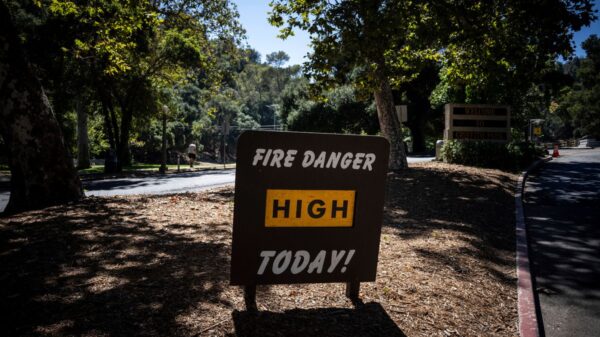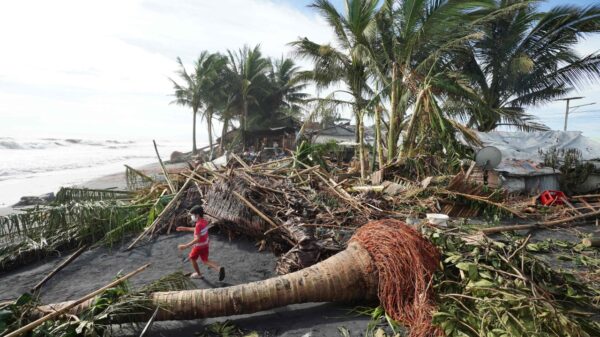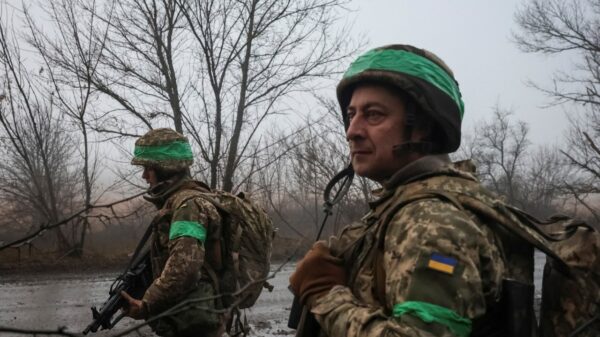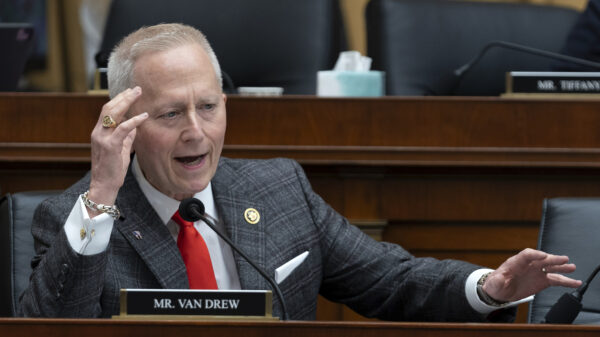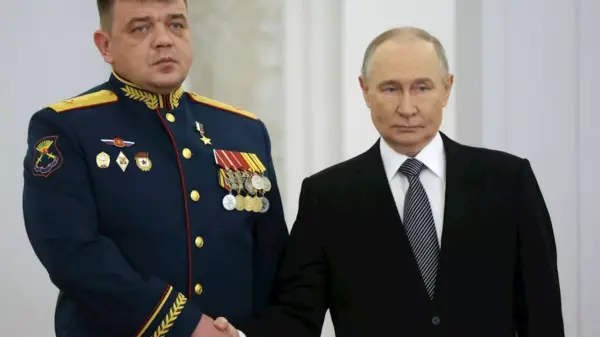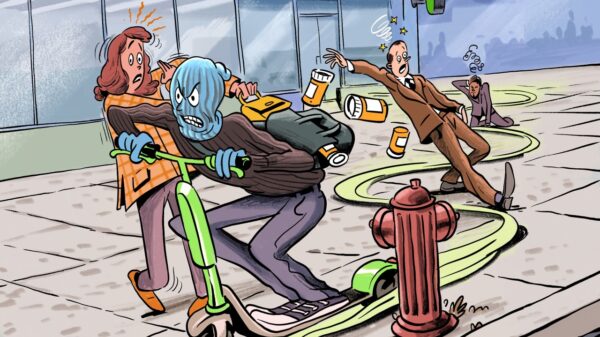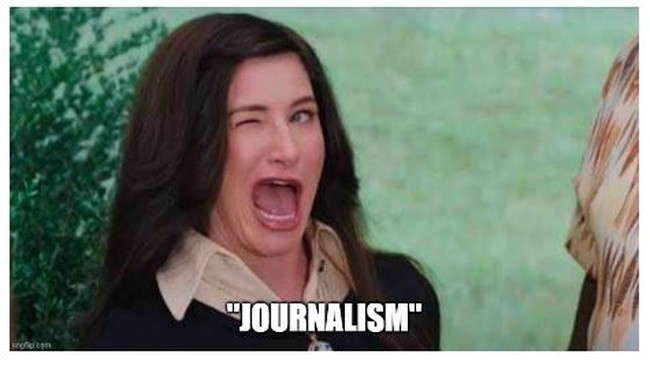The assassination of conservative activist Charlie Kirk has sparked significant backlash among educators across the United States, resulting in several terminations for individuals who expressed their views on social media. Reports indicate that within 24 hours of Kirk’s death, at least four individuals lost their jobs due to posts that were perceived as celebrating the incident.
One high-profile case involved an assistant dean at a college in Tennessee, while a communications staffer for an NFL team, a Next Door employee in Milwaukee, and the co-owner of a barbecue restaurant in Cincinnati also faced similar consequences. These dismissals have raised questions about the boundaries of free speech and the professional repercussions for public expressions surrounding politically charged events.
Media outlets have presented differing narratives regarding these firings. For instance, NBC News framed the situation as educators being terminated for merely “sharing their opinions” about the assassination. In contrast, The Washington Post shifted the focus to the act of “posting about it,” which some critics argue downplays the context of the messages shared.
The discourse surrounding this event highlights a growing tension in the current political climate, particularly regarding how differing views are perceived and the resulting actions taken by employers. Critics assert that the media’s portrayal fails to capture the seriousness of celebrating violence, which some of those fired reportedly did. They argue that the consequences faced by these educators are a direct response to their public comments, which many viewed as inappropriate given the nature of the incident.
While many individuals have voiced their thoughts on social media, only a select few have faced termination, leading to questions about fairness and accountability. Observers note that the narrative surrounding these firings may be influenced by broader societal divisions and the increasingly polarized nature of political discourse.
As these events unfold, discussions continue regarding the limits of expression in professional settings and the potential ramifications for those who choose to engage in politically sensitive conversations online. The balance between personal opinion and professional responsibility remains a contentious issue, especially in an era where social media plays a significant role in shaping public perception and discourse.
In the wake of Kirk’s assassination, the reactions from the education sector reveal the complex interplay between free speech and professional accountability, prompting further examination of the implications for educators and their roles in a politically charged environment.

